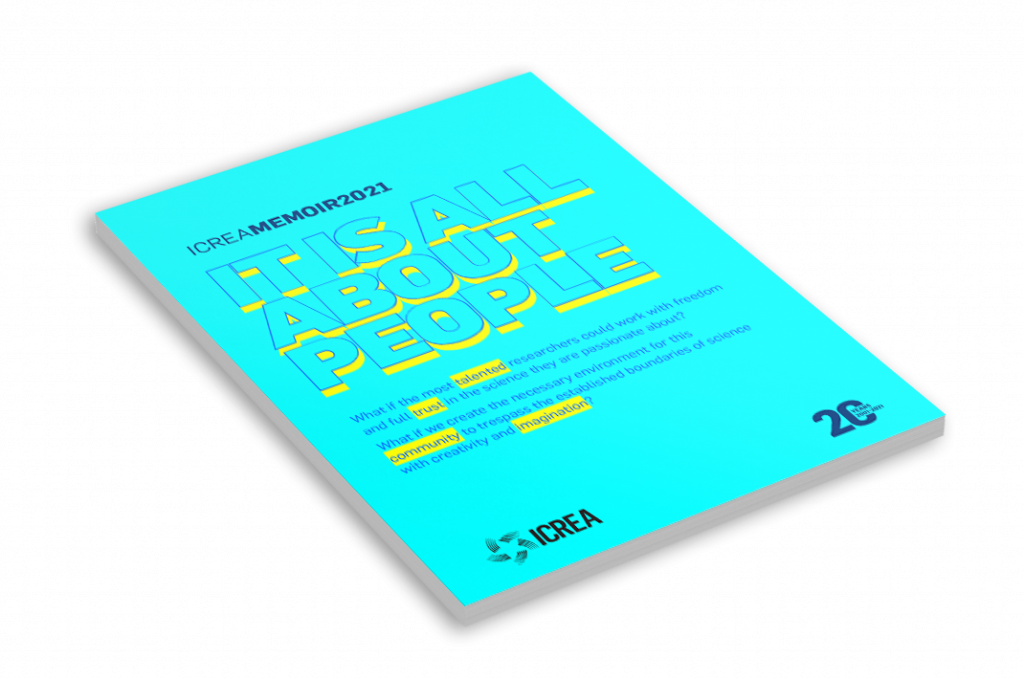I was born in Bogotá (Colombia) in 1976 and studied Psychology at the Universidad Nacional de Colombia. In 2005, I got a PhD from the Universitat de Barcelona in which I demonstrated that humans share with other animals basic perceptual and computational abilities that we use during language acquisition (this dissertation was awarded the Premio Extraordinario de Doctorado). After my PhD, I worked as a postdoctoral fellow with Jacques Mehler at the Language and Cognitive Development lab at SISSA (Trieste, Italy) where I studied linguistic constrains on computational processes. I moved back to Barcelona as a research fellow under the Ramón y Cajal program. Currently I am an ICREA Research Professor at the Center for Brain and Cognition of the Universitat Pompeu Fabra, where I coordinate the Language and Comparative Cognition Group (http://lcc.upf.edu/).


